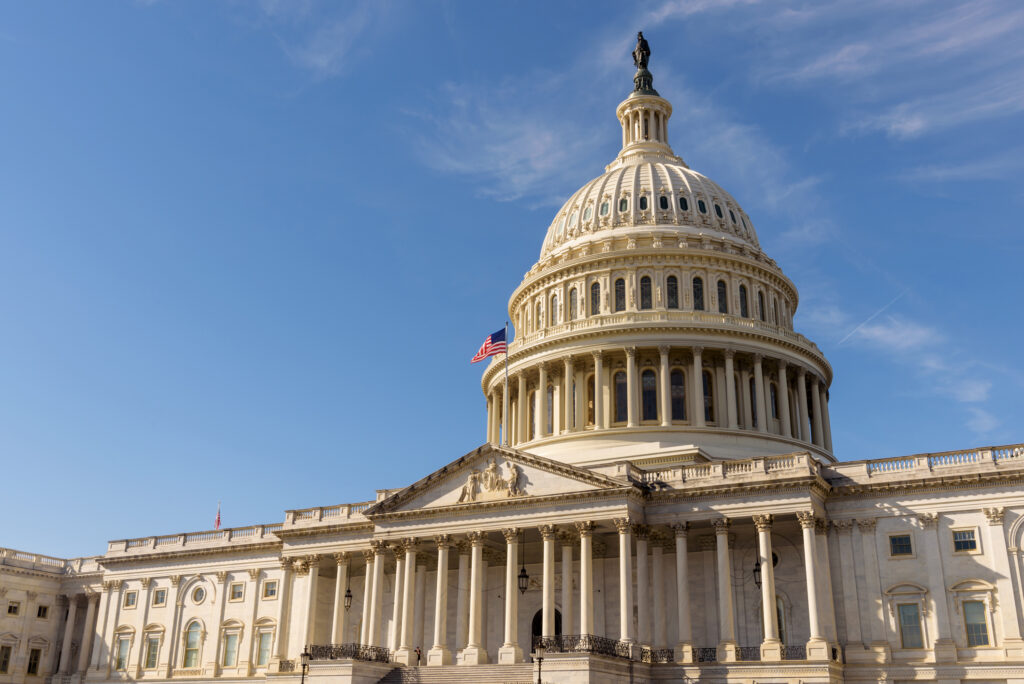Maybe the winners will have all of the answers

It’s exciting to await the election results, but I do feel sympathy for the incumbents and the hopeful outsiders who are about to lose. Also for the candidates who are about to win.
The warm glow will last only until they sit down in their new offices and try to remember exactly how they planned to “clean up the mess.”
During the campaign, on the state level, you get to say things like: “We’ll cut the budget by 15 percent, unlike the current dope, who ruined everything by cutting it 10 percent.”
In national races, candidates get to preach common-sense solutions to earnest citizens who have never tried to operate a gigantic economy. They tell us that the nation needs to adopt a good, solid household budgeting approach – even though the nation does everything from vacuuming the Supreme Court carpet to sending Hellfire missiles through various people’s chests. Providing rations for the 7th Fleet is actually quite a bit different from posting a grocery list on a refrigerator.
At least we have one central issue to focus on: a national debt that looks like the odometer reading on the Pioneer 10 spacecraft. (Launched in 1972 and last seen pulling into a motel at the edge of the solar system.) This election cycle has been more about spending than about anything else, and with a negative $13.7 trillion entry in our national checkbook, it’s probably time to make some changes.
There may be a few Democrats who are still determined to make the government provide financial compensation and counseling for stubbed toes, but for the most part, Americans say they’re ready to cut back.
The trouble is, most of our money goes toward a few big items, and those are items we fear to cut. The 2010 federal budget includes $678 billion for Social Security, $453 billion for Medicare and $290 billion for Medicaid. We could bust those programs open like piñatas, but the results might make “pulling the plug on Grandma” sound like the more compassionate route.
The budget also allocates $664 billion to the Department of Defense. There’s no question we’re in pretty good shape for repelling invasions. We lead the league in weapons technology, although we have a tendency to sell it to future enemies. We still have enough nuclear devices to vanquish several nations. So we could really whack spending in this category.
But the last time we decided to save money and let the rest of the world worry about building armies and stockpiling weapons, World War II broke out, and that thing ended up costing us a fortune. We spent a few million bucks just on the bombs that didn’t hit what we were aiming at.
If you’re not ready for big-time cuts, you can argue about lesser details. You might wonder why we spend more on the space program than on the Department of the Interior, considering that substantially more Americans live on Earth than in space.
But even if you sliced the fat out of 10 departments, you’d still be paying for old folks’ greens fees and jet fuel for our ancient B-52s.
One other detail: Every time we cut government spending, we cut government employment. Sounds nice, but it’s sort of the opposite of creating jobs, which the candidates also plan to do.
It’s a quandary, and no successful models are out there yet.
In Greece, there were suggestions that maybe debts should be paid. It produced rioting in the streets. In France, the leaders decided to bump up the retirement age from 60 to 62. It produced rioting in the streets.
Soon, the new members of Congress and various new governors can announce their plans for us. If they follow through, it might be a good time to own a street that you could rent out for rioting.









